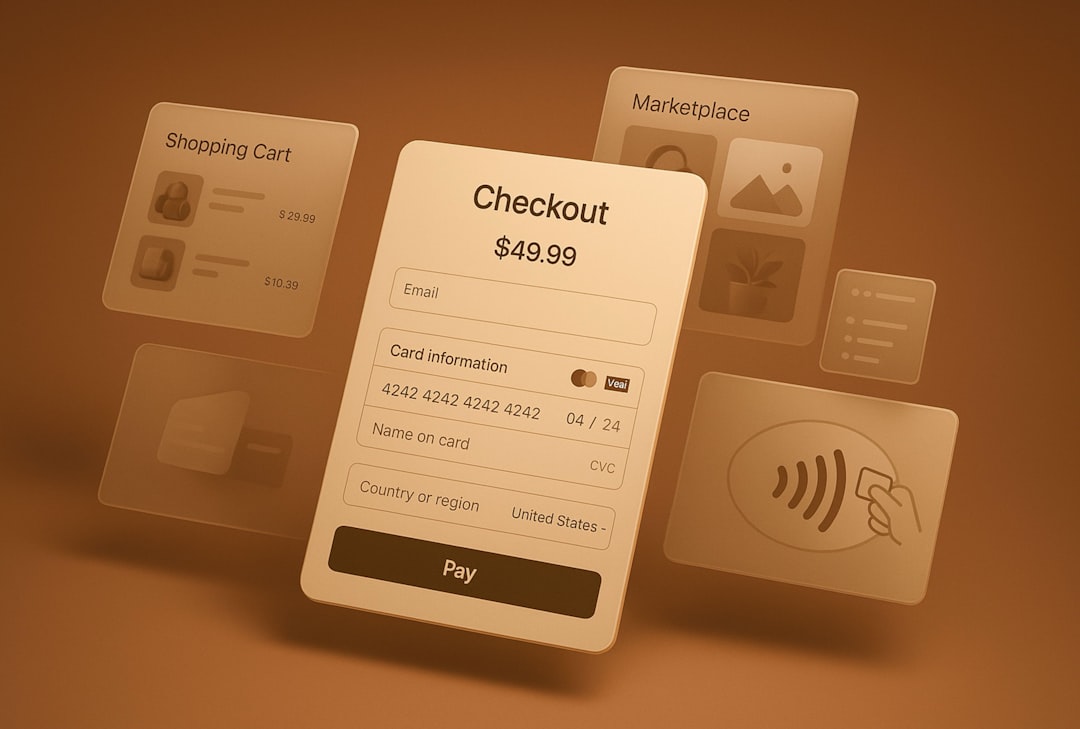The Pros and Cons of Using Credit Cards for Everyday Expenses
In today’s fast-paced world, credit cards have become an integral part of our daily lives. They offer convenience, flexibility, and security, making them a popular choice for everyday expenses. However, like any financial tool, credit cards come with both advantages and disadvantages. In this blog post, we will explore the pros and cons of using credit cards for everyday expenses, helping you make an informed decision about your financial management.
Pros:
1. Convenience: One of the biggest advantages of using credit cards for everyday expenses is convenience. They eliminate the need to carry cash, providing a convenient and hassle-free shopping experience. With a credit card in hand, you can navigate through your daily errands swiftly, without worrying about running out of cash or making frequent trips to the ATM.
2. Rewards and Bonuses: Credit cards often offer rewards and bonuses for spending, making them an attractive option. From cashback on groceries and gas to travel miles and points for dining out, credit card rewards can help you save money or enjoy exclusive benefits. By strategically using your credit card for everyday expenses, you can capitalize on these rewards and make your purchases work for you.
3. Build Credit History: Responsible credit card usage can help you build a strong credit history. By consistently making on-time payments and keeping your credit utilization low, you demonstrate financial responsibility to lenders. This can be beneficial when applying for loans, mortgages, or even renting a new apartment. A good credit score can potentially save you money through lower interest rates and better financial opportunities.
4. Security: Credit cards provide an added layer of security against fraudulent transactions. In case of unauthorized charges or identity theft, you can quickly report the fraudulent activity to your credit card company, and you won’t be held liable for the charges. Additionally, credit cards offer protection on purchases, allowing you to dispute a transaction if the product is defective or not as described.
Cons:
1. Temptation to Overspend: One major downside of using credit cards for everyday expenses is the temptation to overspend. The ease of swiping a card can sometimes lead to impulsive purchases, contributing to unnecessary debt. It’s important to maintain self-discipline and use credit cards responsibly, ensuring you only spend what you can comfortably repay within the billing cycle to avoid high-interest charges.
2. High-Interest Rates: Credit cards are notorious for their high-interest rates, especially if you carry a balance. If you fail to pay off your monthly statement in full, you will accrue interest, potentially costing you more in the long run. It’s crucial to understand the interest rates associated with your credit card and have a solid plan in place to pay off the balance promptly to avoid accumulating excessive debt.
3. Credit Score Impact: While credit cards can help build your credit, they can also negatively impact it if misused. Late payments, maxing out your credit limit, or having multiple credit cards with high balances can lower your credit score. It’s essential to be diligent in managing your credit card usage, paying attention to due dates and keeping your credit utilization low to maintain a good credit score.
4. Potential for Dependency: Relying heavily on credit cards for everyday expenses can create a dependency that may hinder your ability to manage finances effectively. It’s important to strike a balance between credit card usage and cash payments, using credit cards as a tool for convenience while staying within your budgetary limits.
In conclusion, credit cards offer numerous advantages when used responsibly, including convenience, rewards, and building credit. However, it’s crucial to recognize the potential downsides, such as overspending, high-interest rates, credit score impact, and dependency. By understanding both the pros and cons of using credit cards for everyday expenses, you can make an informed decision that aligns with your financial goals and ensures a healthy financial future.












